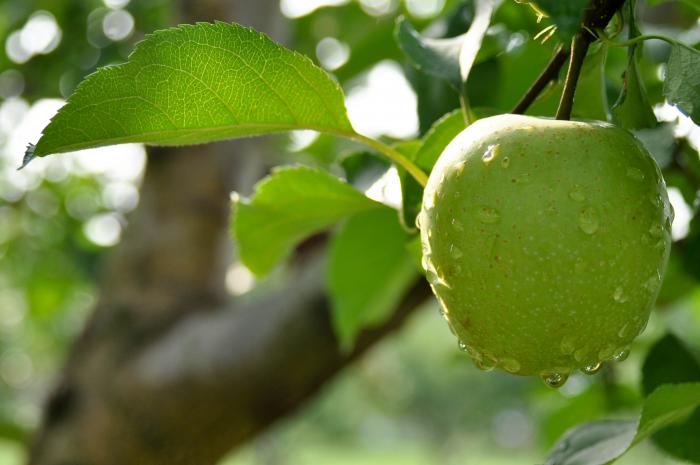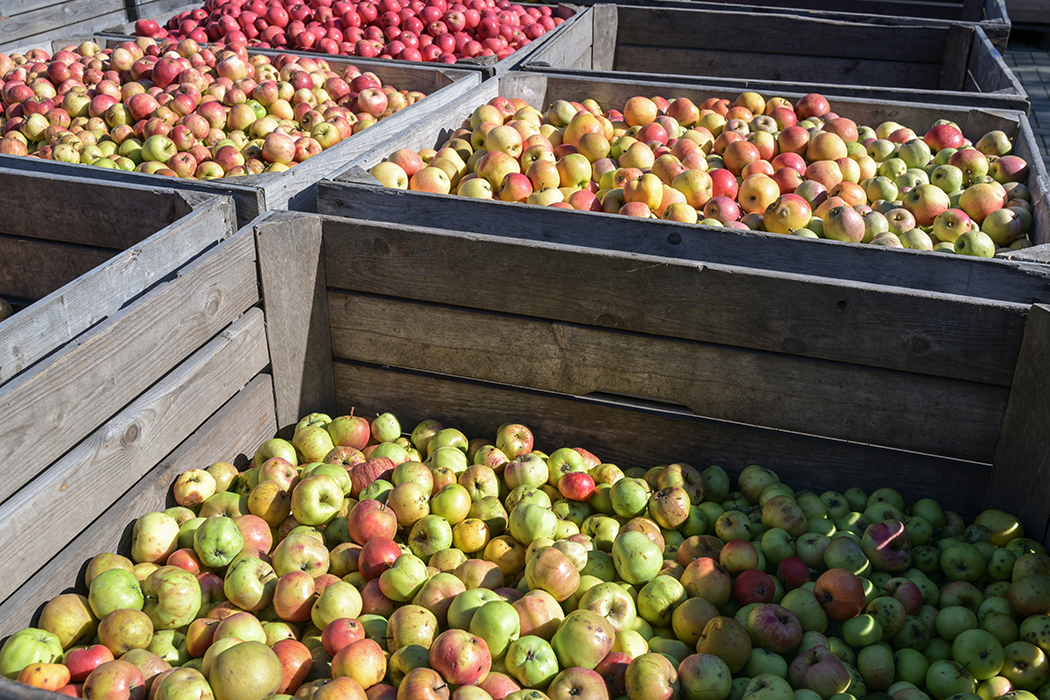Some professionals in the wedding business see Albemarle County’s attempts to further regulate events at farm wineries, cideries, breweries and distilleries as a blatant attack on a burgeoning industry—and they’re not sure why.
Amid crowd murmurs that the county is working toward finding “a solution to a problem that doesn’t exist,” senior planner Mandy Burbage presented a staff report to supervisors and planning commissioners at a joint work session June 14 that recommended limiting events at those venues to 24 per year.
Jen Fariello, a wedding photographer who spoke along with other industry professionals including event planners, limousine drivers, caterers and musicians, says capping weddings at these types of farm venues could imminently harm her business.
“We have an incredibly positive and thriving and profitable wedding industry,” she says. “We cannot talk about the huge success of the wedding industry without it being tied in to the farm winery, farm cidery and now brewery and distillery industry. They’re incredibly linked.”
While Charlottesville and surrounding counties are known as a hub for destination weddings, Fariello says brides and grooms-to-be aren’t attracted to the area for its mass of hotels or restaurants—it’s the “bucolic countryside” they’re attracted to.
Borrowed & Blue’s co-founder and CEO Adam Healey calculates the wedding industry as having an economic impact of $158 million in Albemarle County, and the local wedding market has been ranked as one of the top five for destination weddings on the East Coast, he says.
“Why are weddings being attacked?” Fariello asked. “Why would the county squash the golden goose?”
And she was happy to learn that most supervisors and planning commissioners felt the same way.
Diantha McKeel, vice chair of the Albemarle Board of Supervisors, said it best: “I’m not excited about caps.”
A current issue, staff reported, is the number of places acting as farm wineries, cideries, breweries and distilleries. The comprehensive plan dictates that those businesses should not be solely event venues and, according to the county’s senior planner, “that potential does exist.”
Al Schornberg, owner of Keswick Vineyards and one of 27 members of the public to speak at the meeting, says those types of venues, or “faux wineries,” as he calls them, are already here among 29 local wineries currently classified as farm wineries.
“There’s companies that want to take advantage of the farm winery ordinance to do events without really making the investment in vineyards and cellars,” Schornberg says. According to state regulations, 51 percent of a farm winery’s grapes used to make wine must be grown on the farm. Staff recommended going a step further in the county and requiring each winery to also have at least one acre of vines on-site. But, for Schornberg, who says he has invested millions of dollars in grape growing, a one-acre vineyard—or roughly a $20,000 investment—isn’t enough to inaugurate a legitimate winery.
“Any winery or any establishment that claims to be a winery and doesn’t have a cellar isn’t really a winery,” he says. Though he won’t point fingers, he says some new wineries seem to follow that trend. And “it’s not really fair to legitimate farm wineries who have made the investment in vineyards and cellars and things like that,” he says. “It’s not a level playing field.”
Officials agreed that the zoning amendment to ensure that farm wineries, cideries, breweries and distilleries are not just taking on that name in the guise of an event venue should move forward.
“Where does it end?” rural landowner Elizabeth Neff asked, encouraging the officials to look 50 or 100 years into the future if events at farm venues in question aren’t capped. “How do you want rural people to live?”
Complaints from neighbors mostly came from noise from events and the number of people visiting the county.
A 50-vehicle trip event cap (or 25 each way) exists in the current ordinance, triggering the need for a zoning clearance, which is a $50 permit.
“That’s an awful lot of people in a car if you’re going to have 200,” commissioner Mac Lafferty noted. Currently, a special use permit is required for events at farm venues with more than 200 people. A zoning ordinance allows venues to play amplified music at a cost of $50, but the new amendment proposes the need for a special use permit, which could cost about $2,000.
Ultimately, as new legislation that would limit their labor loomed, the faces of farm wineries, cideries, breweries and distilleries made it clear to county leaders that partnering with the event industry makes their work possible.
“We have not seen the issues that apparently are out there,” Charlotte Shelton, the owner of Albemarle Ciderworks, said. Generating revenue through holding events, she said, “can be the difference between breaking even or stumbling along.”
By the end of summer, county staff will have a draft of the text amendment.
Corrected June 24 with information to reflect that the 50-vehicle trip event cap already exists and a $2,000 special use permit to allow amplified sound at events would be a one-time cost.







